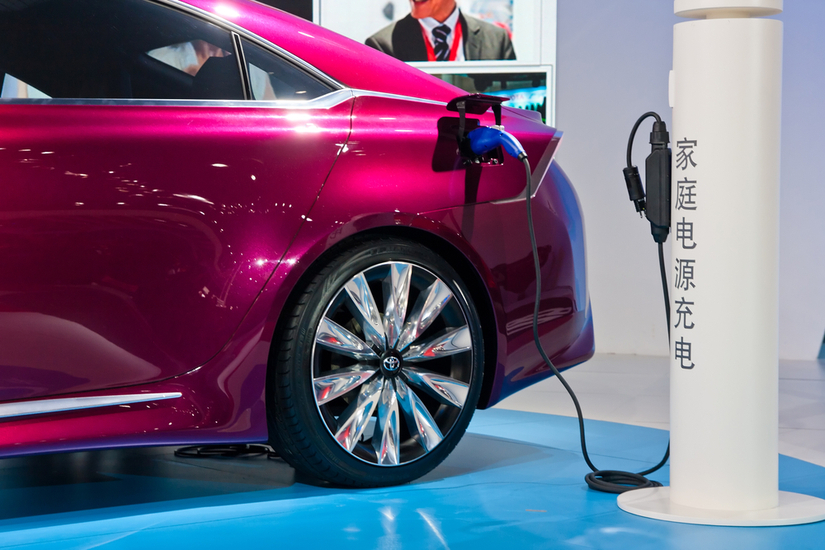Electromobility: China sends electric shocks to the industry

China is overpowering the automobile world by storm in its bid to thrust itself as a leader in electromobility. As of April 2022, its electric/hybrid car production has almost doubled to reach 1.49 million units. Now, with just a 12,000-euro (Rs600,000) price tag for its trendy sporty coupe QiantuK20, the Middle Kingdom has emerged as the indomitable EV emperor. With such lightning speed, the global fleet is expected to be electrified sooner than expected, not without ruffling the traditional manufacturers.
At the end of the first quarter of 2022, no non-Chinese brands were among the top 10 automakers in the new energy vehicle (NEV) segment, except for Tesla in third place, according to China Passenger Car Association data. All the rest were Chinese brands, from BYD and Wuling to Chery and Xpeng. BYD has sold about 390,000 EVs this year, more than three times as many as Tesla, according to China Association of Automobile Manufacturers’ figures.
Battery rental packages
The Chinese car manufacturers are leaving no stone unturned in investing in stylish, high-performance, and inexpensive NEV, aiming mostly at the younger generation of buyers. This is clearly the case with Qiantu that has recently launched its new K20, a small, very compact 2-seater coupe. With its 160 kW/218 hp and 4-wheel drive, this electric prodigy claims a 0 to 100 km/h time of 4.7 seconds.
Qiantu also manufactures other two-wheel drive and 4×4 versions. The two-wheel one costs around 12,200 euros (about Rs.610,000) while the 4×4 comes with a price tag of just 21,100 euros(approximately Rs. 1,055,000). To further reduce the price, Qiantu also offers battery rental packages.
China’s strong surge in electromobility is causing serious concern to traditional automakers. According to Nissan CEO Makoto Uchida, some brands could disappear in three to five years in China.
